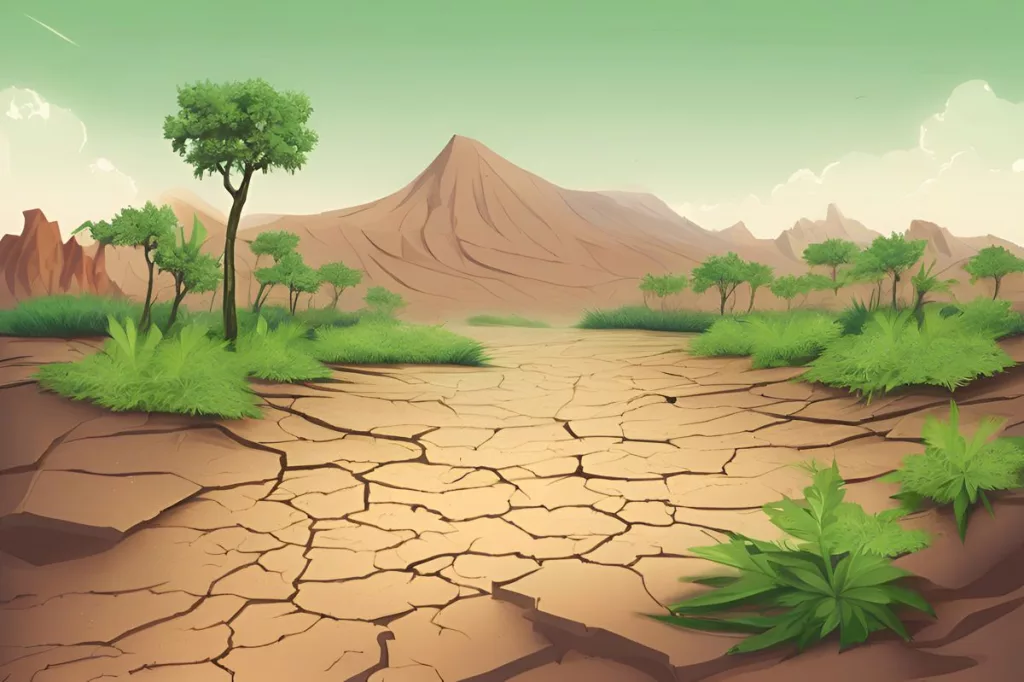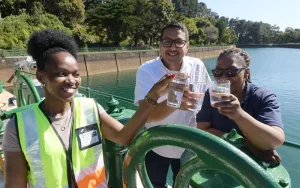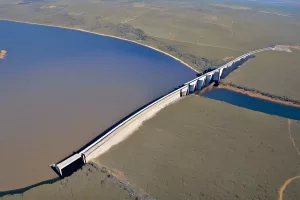South Africa is facing a water crisis due to factors such as population growth, climate change, and economic advancements. The Water and Sanitation Department is responsible for managing the country’s valuable water resources to generate longterm environmental, social, and economic gains. However, the provision of water and sanitation services remains uneven across the country, with some regions having universal access while others have no access at all. The government has stepped up its support to municipalities to address these problems, but better planning and implementation of projects are needed to meet the escalating demand.
Cape Town is working hard to ensure a sustainable water supply as its population grows rapidly. The city has implemented a multifaceted approach that includes clearing invasive species, investing in groundwater and desalination, utilizing treated effluent, and allocating funds for maintenance and upgrades. These efforts are part of the New Water Programme, which aims to diversify and enlarge water resources to guarantee a sustainable future for the city’s growing population.
Population growth and climate change have put a strain on Cape Town’s water resources, but the city is tackling the challenge headon with its innovative New Water Programme. The programme includes eradicating invasive species, groundwater harvesting, water reuse, infrastructure upkeep, and potential desalination plans. The city is also diversifying its water supply through the Faure New Water Scheme and wastewater treatment technologies. These strategies serve as a model for other cities facing similar challenges. Despite temporary disruptions, Cape Town’s efforts offer hope for a watersecure future.



